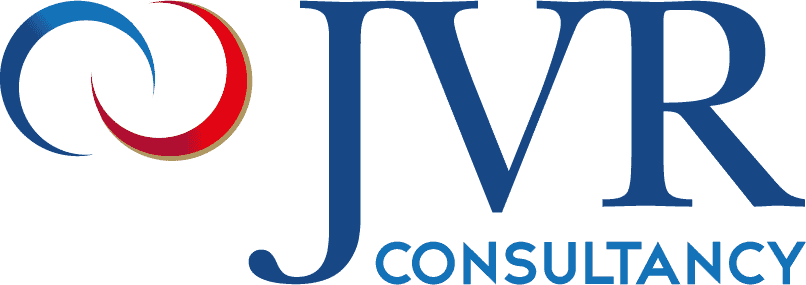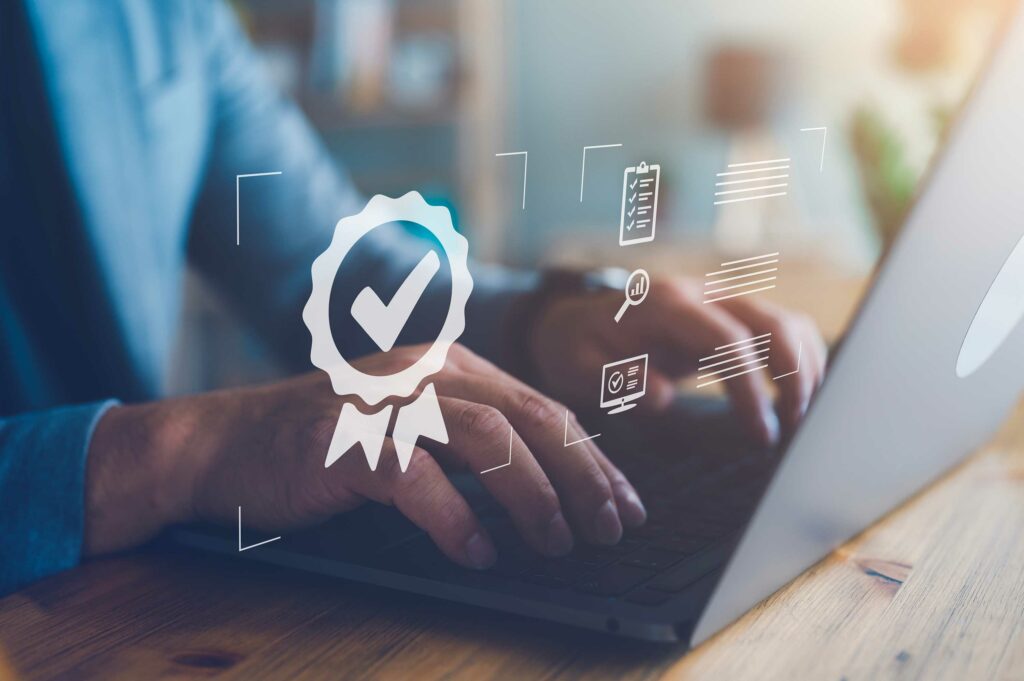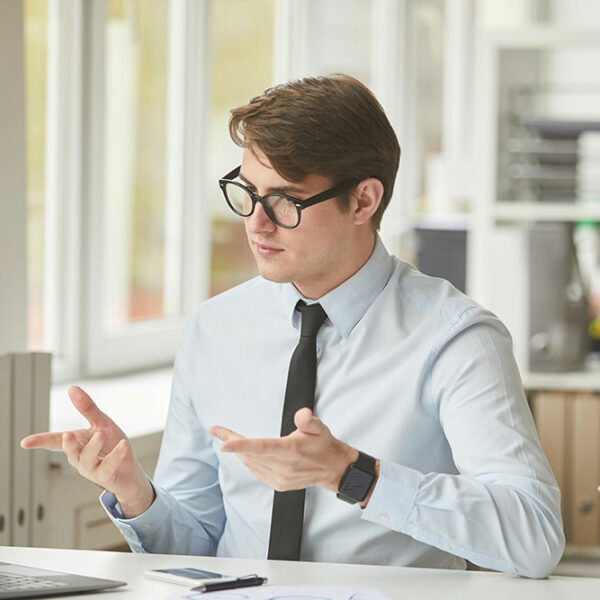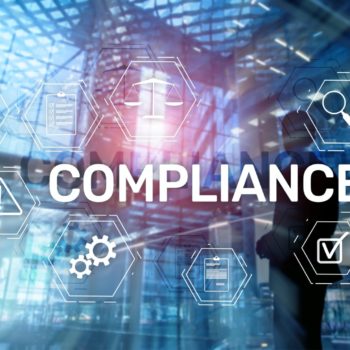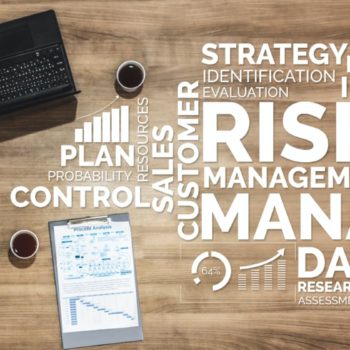An ISO Management System helps to process standards that are often used to regulate manufacturing, business, and quality practices across different industries.
The global market is a space where businesses can find opportunities and grow their business to new heights. However, with the vast array of organisations that access the global marketplace, it needs to maintain a certain level of quality and consistency, to ensure there is a level playing field amongst businesses.
The International Organisation for Standardisation (ISO) is a well-known accreditation that holds businesses accountable, and to very high standards across a range of industries, such as manufacturing. Before a customer partners with you, they want to be able to trust you. An ISO certification will show that you operate under high-quality regulations set by the ISO.

You may also be interested in other articles in our series on ISO27001.
- 5 benefits of ISO 27001 certification
- What Is ISO 27001?
- Why should I get ISO 27001 certification?
- What is an ISO management system?
Here are some of the most commonly asked questions and answers to help you understand the ISO certification and whether your business needs it.
How long does it take to become ISO certified?
There is a range of different ISO qualifications that you can take, including ISO 9001, ISO 45001, ISO 14001, ISO 27001 and ISO 22301. The focus of each ISO is different and can benefit your business in a variety of ways. Here are some examples:
- ISO 9001 focuses on quality assurance and meeting customer requirements
- ISO 14001 focuses on environmental management systems and processes to reduce waste and work more efficiently
- ISO 27001 focuses on information and cyber security and getting you closer to meeting GDPR compliance
- ISO 22301 focuses on business continuity
- ISO 45001 focuses on health and safety, including occupational health, and both the mental and physical health of your employees
Before obtaining an ISO certification, you will need to ensure you apply to the correct and current version. You will also need to learn about the different standards, so you can determine which ones are the best fit for your business and industry. You can pick more than one, but they will need to be relevant, and help your business meet its goals and objectives. Some businesses choose to complete more than one simultaneously so that processes can be streamlined, and can minimise disruption to the business.
On average, it can take between 3-6 months to achieve any one of the iso certifications. This timeframe assumes that the business is new to the qualification, is starting from the beginning, and has the resources to complete it in house. It takes this long because there are a variety of different elements involved, including completing the manual, writing quality management systems, making changes to internal processes, assessments at different stages and more.
The time to complete the certification can vary, depending on how many certifications your business is implementing, the size of the business, and the preparation and understanding of the certification.
Is it hard to get an ISO certification?
Many people believe that gaining an ISO certification is unnecessary, and challenging. While it is true that there is a lot involved in completing an ISO certification and it can take 3-6 months, it is extremely beneficial for your business. With the right resources and preparation, it is not too difficult to complete. It will entail hard work and commitment to the certification, as you have to ensure that you are setting high standards, and meeting them. You will need time and effort to improve different areas of business, which can be time-consuming but will ensure your business is efficient and meets high standards to participate in the global marketplace. If you take the time to understand the certification and what you need to do, it can make the process much easier.
Who needs to be ISO certified?
There is no legal requirement for the majority of businesses to have an ISO certification. However, there are many customers and businesses that may not partner with your organisation, if you do not hold an ISO certificate.
For some organisations, such as those in the automotive or medical industry, an ISO certificate is required.
The ISO certificate is a trustworthy source of accreditation, and many customers will rely on this certification to make important purchasing and business decisions. It can therefore benefit your business to obtain an ISO certificate, as although it is not mandatory for all industries, it is highly expected. An ISO certificate will ensure you are never behind your competitors in your industry and provide you with an advantage.
An ISO certification is not just handed out to businesses. Instead, you will need to follow strict requirements and pass assessments set out in the most recent version of the ISO. This will demonstrate to customers that your services and products meet regulatory requirements and high standards in the marketplace.
What is the purpose of ISO certification and is it worth it?
The purpose of an ISO certification is to ensure a high level of quality and management within an organisation is created and maintained. This level of standard is put in place and assessed to ensure that a business can guarantee to its customers the quality of products, services and processes that it delivers, reduce costs and increase efficiencies and productivity within an organisation.
An ISO certification is worth obtaining as it is a well-known set of regulations and industry standards within the global marketplace that is expected of a business. The certification shows potential customers and partners that you operate to a high standard, and can deliver on your promises. This certification will ensure you make the necessary and relevant changes within your business to operate at a high level and show customers that you are credible and trustworthy. With this certification, your business will build a good reputation and grow.
What is ISO compliance certification?
The ISO exists as an independent organisation that creates and monitors the standards of businesses in the global marketplace across a wide range of industries from manufacturing to medical devices and energy management. The certification means that the organisation has met a set of requirements, which include the management and manufacturing of a service or product that has been quality assured.
The certification is awarded to organisations that have improved their internal processes and passed the assessments. A business can only quote that they are “ISO Certified” if they have met all the requirements.
The certification is not something that is completed once. The ISO is regularly revised to stay up-to-date with the level of quality that is expected across global markets. A reasonable transition period is typically given to businesses to give them time to learn the new processes and adapt their businesses accordingly.
Businesses are tested annually by a third-party organisation to ensure the standards are consistently met.
The ISO certificate is not something an individual can complete, only an organisation as a whole can be ISO certified.
Tell me the relevance of ISO today?
While ISO has been around for several years, it is still relevant today. It is constantly being updated to meet the demands of the global marketplace, and is still required in industries such as automotive and medicine, and expected in many others. The ISO certification provides organisations with the opportunity to positively impact their business by:
- improving the business processes and practices
- ensuring that the level of quality provided to customers is the highest it can be
- enhances the reputation of your business
- makes your business stand out from your competitors
- provides your staff with clear roles and responsibilities,
- increases efficiency and productivity
- improves your bottom line by reducing unnecessary costs.
An ISO certificate is still relevant in 2022, as customers are not easily able to visit the business in question to assess it themselves. An ISO accreditation is recognised globally and will instantly tell customers who they can trust.
Make the right choice of the certification body
When your business has decided it is going to dedicate itself to implementing a management system that meets the standards of a specific ISO regulation, the next step in the process would be to find a certification body that can certify your efforts. This is important as you will not gain the official certification or recognition without the assessment of a certified body.
A certified body is a non-governmental, independent third-party company that specialises in ISO certifications.
Choosing the right ISO body is important to ensure you are certified efficiently, and correctly. Make sure you conduct research before partnering with a certification body, and ensure that they are experienced, trustworthy, bring value to the relationship, and are reasonably priced. You should also consider their reputation, flexibility, specialisation, online reviews, maturity and accreditations. The cost of a third-party certification body is going to vary, and you should not jump to the cheapest. Make sure you check which services are included in their package when comparing costs, and ask for a meeting, so that you can address your questions and queries, and assess their potential. Although they will audit you, it is important that you audit them to ensure they are the right professional body for your business and industry.
Gaining an ISO certification can be a long and challenging process, but the advantages far outweigh the effort. Your business will need to decide which certifications are relevant, understand the certifications, implement the changes, and find a certified body to provide your business with the certifications.
Frequently Asked Questions from our Customers
Yes we can, we can assist you with any of the accreditation featured on our website. We have a 100% record of securing any of the accreditation in the first audit for all our customers for the last 13 years.
More to the point, I ask clients how quickly can you start. We can have a consultant working on your accreditation within the hour if you are ready. The only things that take time are the audit dates, these are issued to the client by the certification body so it is out of our control.
This depends on how much the client has in place already. The more they have, the easier it becomes to work on their accreditation. The gap analysis that we carry out is free of charge and afterwards will give you an exact fixed price.
The fixed price will include the following –
- Carry out all the work ( creating documents & processes tailored to your company )
- Attend the audit ( as your expert consultant ) or make the desktop submission.
- Make any corrections that the auditor may highlight to ensure that you obtain your accreditation the first audit.
Initially, we need to talk to you to carry out the free gap analysis. Afterwards, we would require you to forward all the relevant documents. After that, we can complete the work with the minimum of your input, leaving you to concentrate on doing what you do best for the company.
Yes! Let us Manage your Accreditations with Ongoing Support and Maintenance. With us managing your accreditations, your team can then focus on business growth and development. This gives you peace of mind knowing your compliance is being routinely managed by professionals. Ongoing support and maintenance avoids panic in your business when suddenly faced with an audit, knowing at all times you are well prepared.
Achieve Accreditation and Compliance with JVR
JVR Consultancy was formed in the year 2008 and their head office is based in Windsor and Maidenhead. We noticed that there was a gap in the market, for companies who work in the construction, rail, utilities, oil and gas sector who were not fully supported in the way that they could be when it came to industry compliance and certification. That is why our highly experienced team of compliance consultants can serve these sectors by providing over 135 years of combined experience with all compliance needs. In short, you won’t find anyone else who cares as much, or who tries as hard as we do.
Speak with one of our experienced consultants. At JVR, we know that time is precious, and you want the answers to your questions quickly, especially during an audit!. Once we speak with you for the first time over the phone, we need around 10 minutes to fully evaluate which accreditation you need support with and a brief introduction into you and your company.
Our consultants have an extensive level of experience in developing solutions and offering guidance for our clients and their businesses. We offer a free GAP analysis, which will help to assess the difference between your business performance and your goals. It’s a fantastic way for you to find out if your business needs are met, and if they aren’t, it gives you the insight and confidence you need to deliver improvement before an audit. Learning more about what is Gap Analysis and how will the report benefit you.
With a success rate of 100% and a team who will go above and beyond to make sure that your expectations are met, you know that you can trust in us to provide you with the knowledge, resources and expertise you need to make a difference. Contact us today to find out more.
To identify the objectives and benefits that are needed to achieve your desired level of compliance, we offer a FREE, no-obligation Gap Analysis. Our analysis will assess your current systems and documentation. Just start your journey by filling in the form below, and one of our specialists will contact you (typically within one working day) to make arrangements.
Our Guide to ISO Accreditations
The most common ISO standards are ISO 9001, ISO 45001, ISO 14001, ISO 27001. In this post, we’ll be taking a look at each of these standards.
Nationwide Presence
26 national support locations throughout the UK. See Office Locations.
Fixed Fee Payments
There are no hidden charges, and what you see is what you pay.
Free Gap Analysis
Assess the difference between your business performance & your goals.
Audit Support
Supporting businesses with upcoming compliance audits. FAST TRACK priority support also available.
Ongoing Support
JVR offer Ongoing Support & Maintenance for peace of mind.
Customer Service
Our customer reviews are a testament to our work & the results we achieve.
Experience
Vast experience in developing compliant integrated management systems
Thorough Process
We write procedures, policies & associated documentation.
Bespoke
Our services are tailored to meet individual company requirements.
Audit Support
Get FAST TRACK Audit Support with JVR Consultancy Today. Click here to find out more.
Free Remote Gap Analysis
Book a Free Remote Gap Analysis during Covid-19 for your business. To learn more, why not read our What is Gap Analysis blog article and understand how a Gap report would benefit your company.
Related Articles
More reasons to choose JVR Consultancy for Compliance & Risk Management
